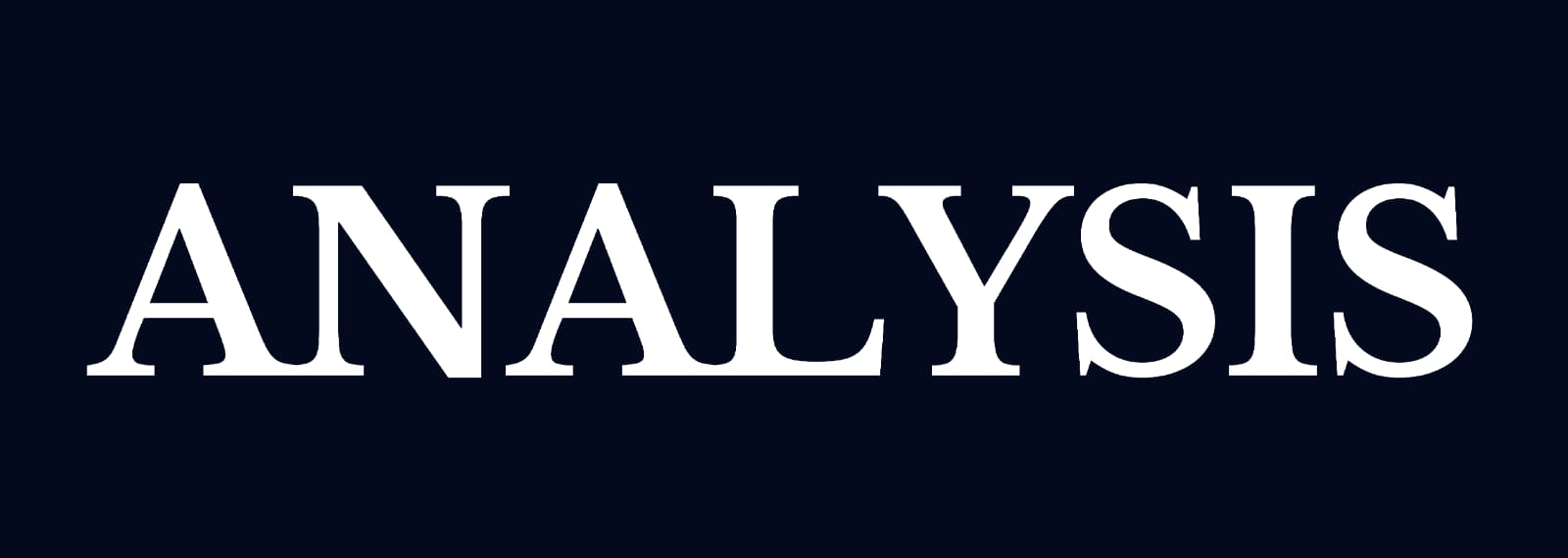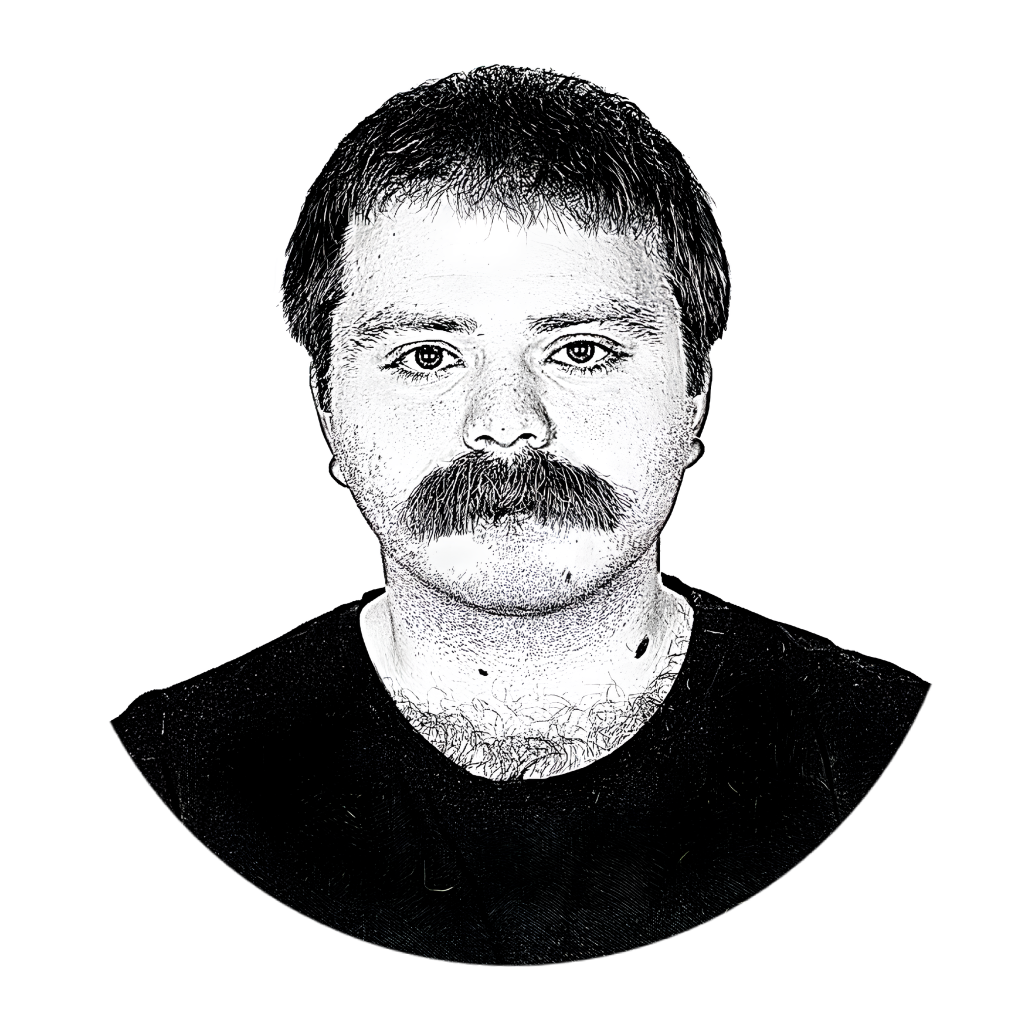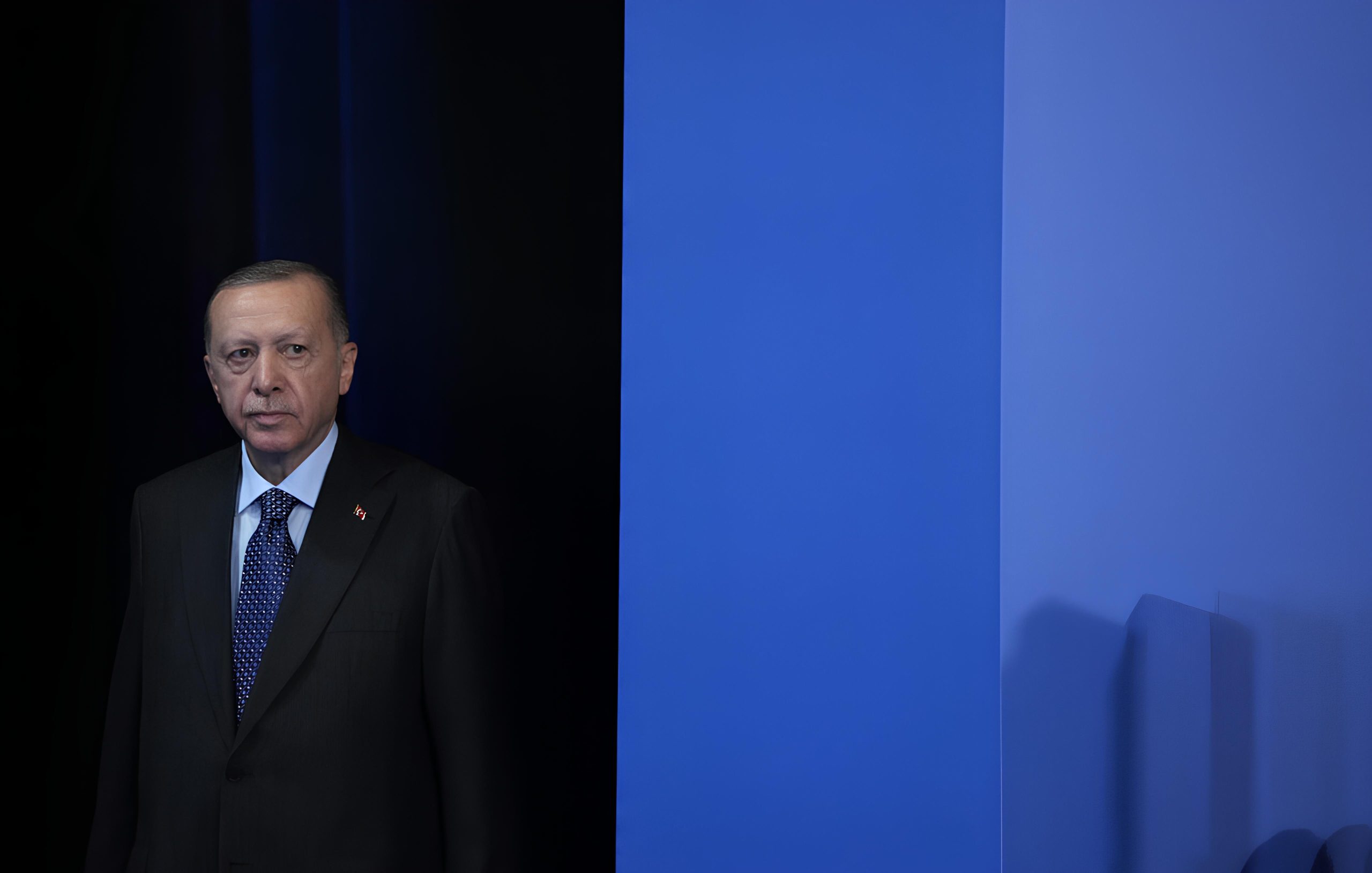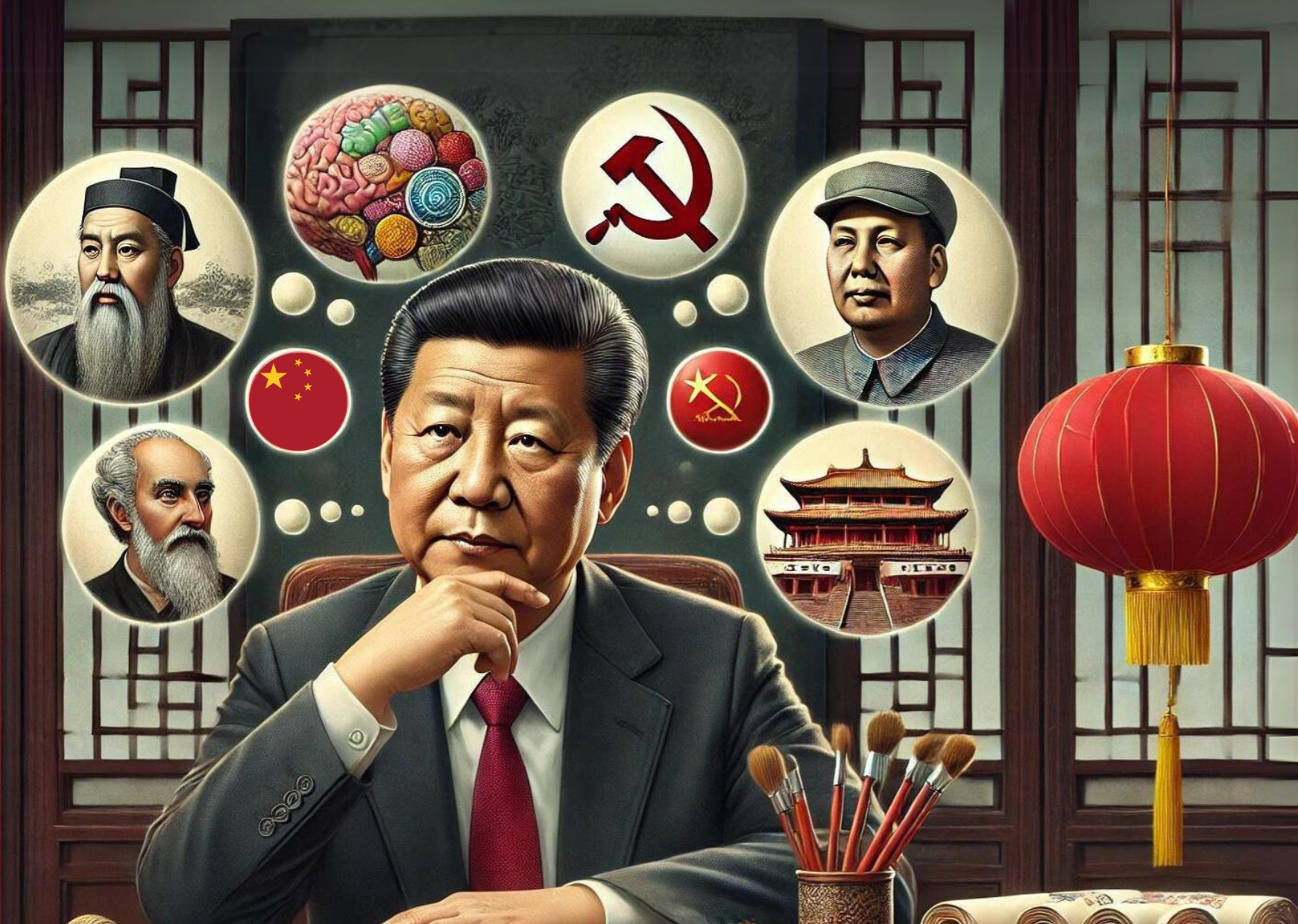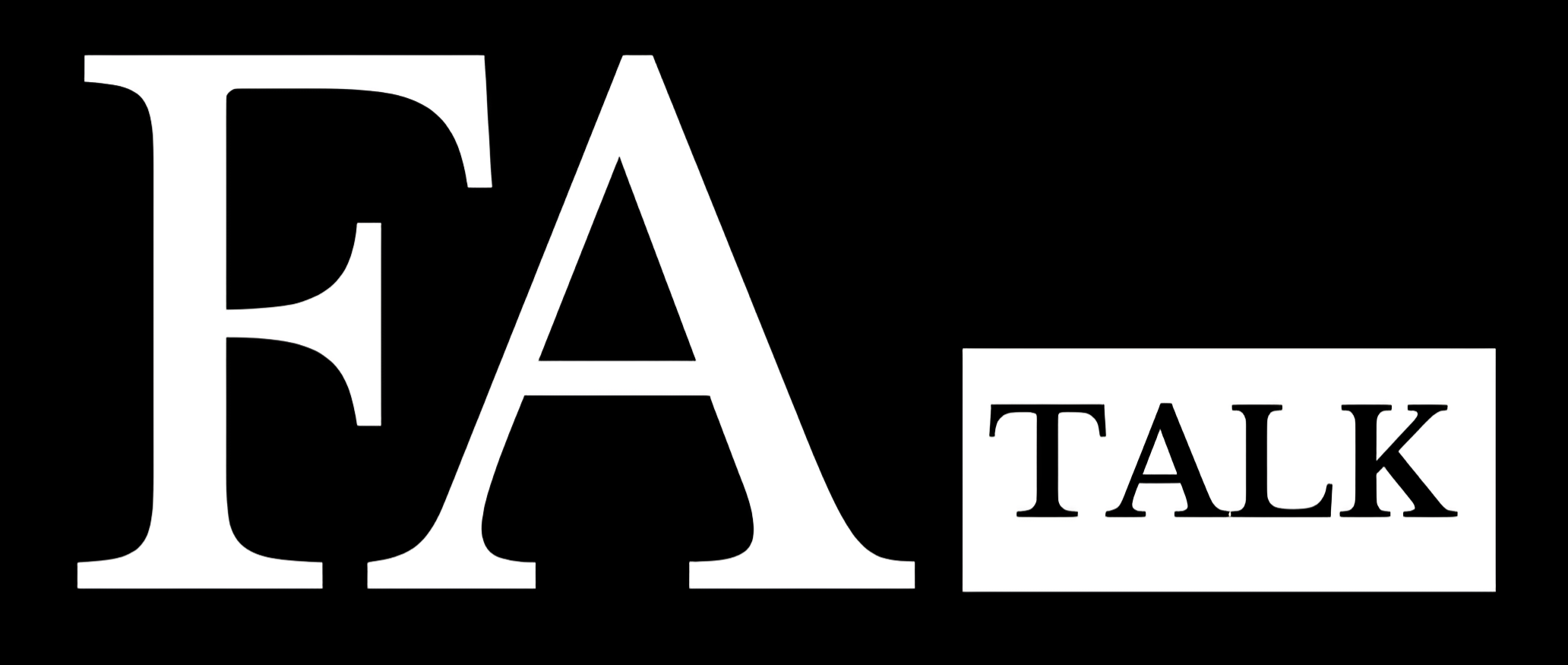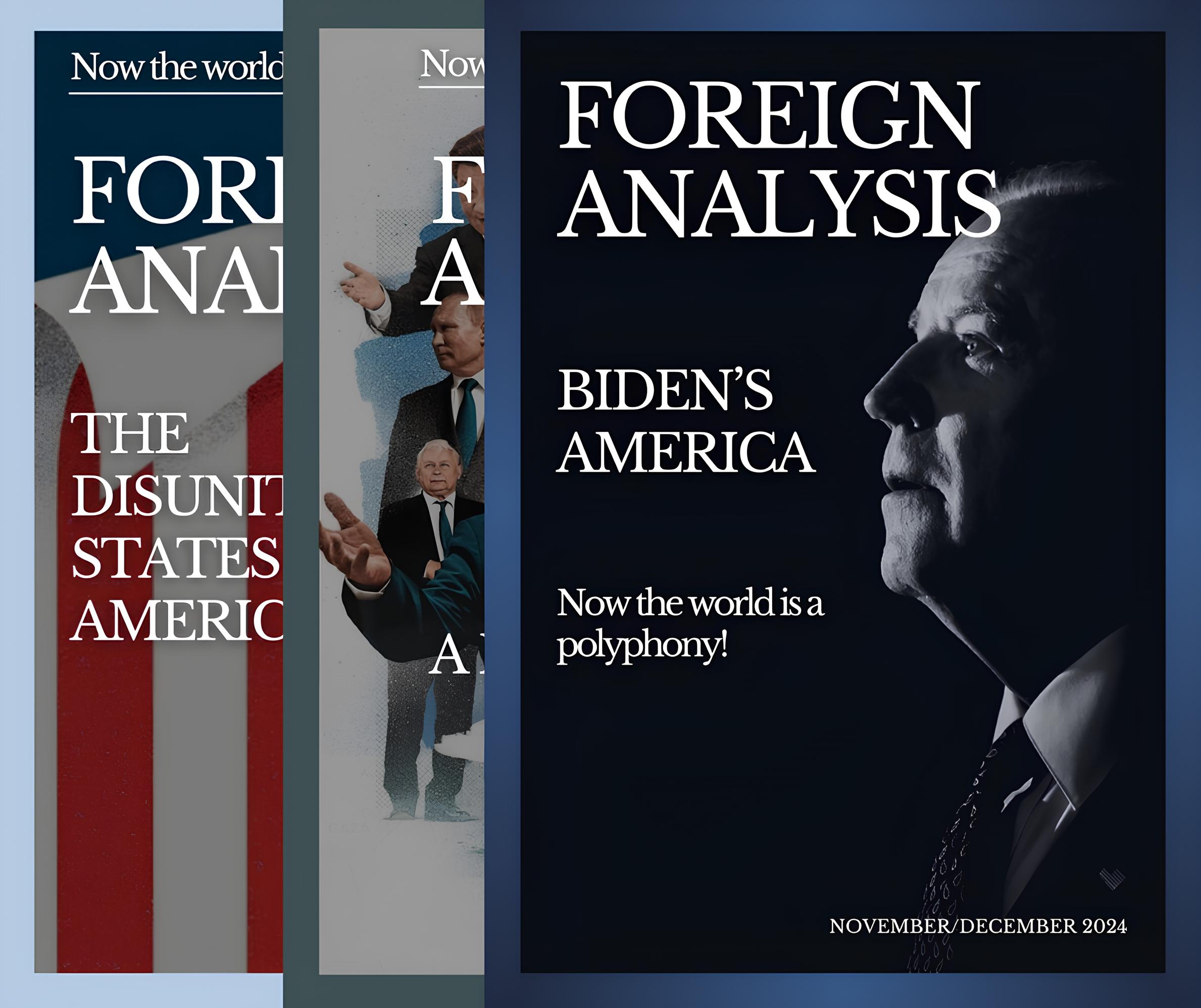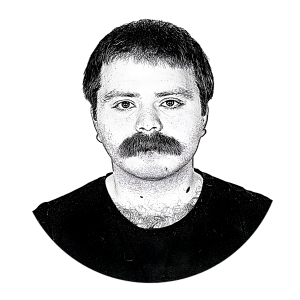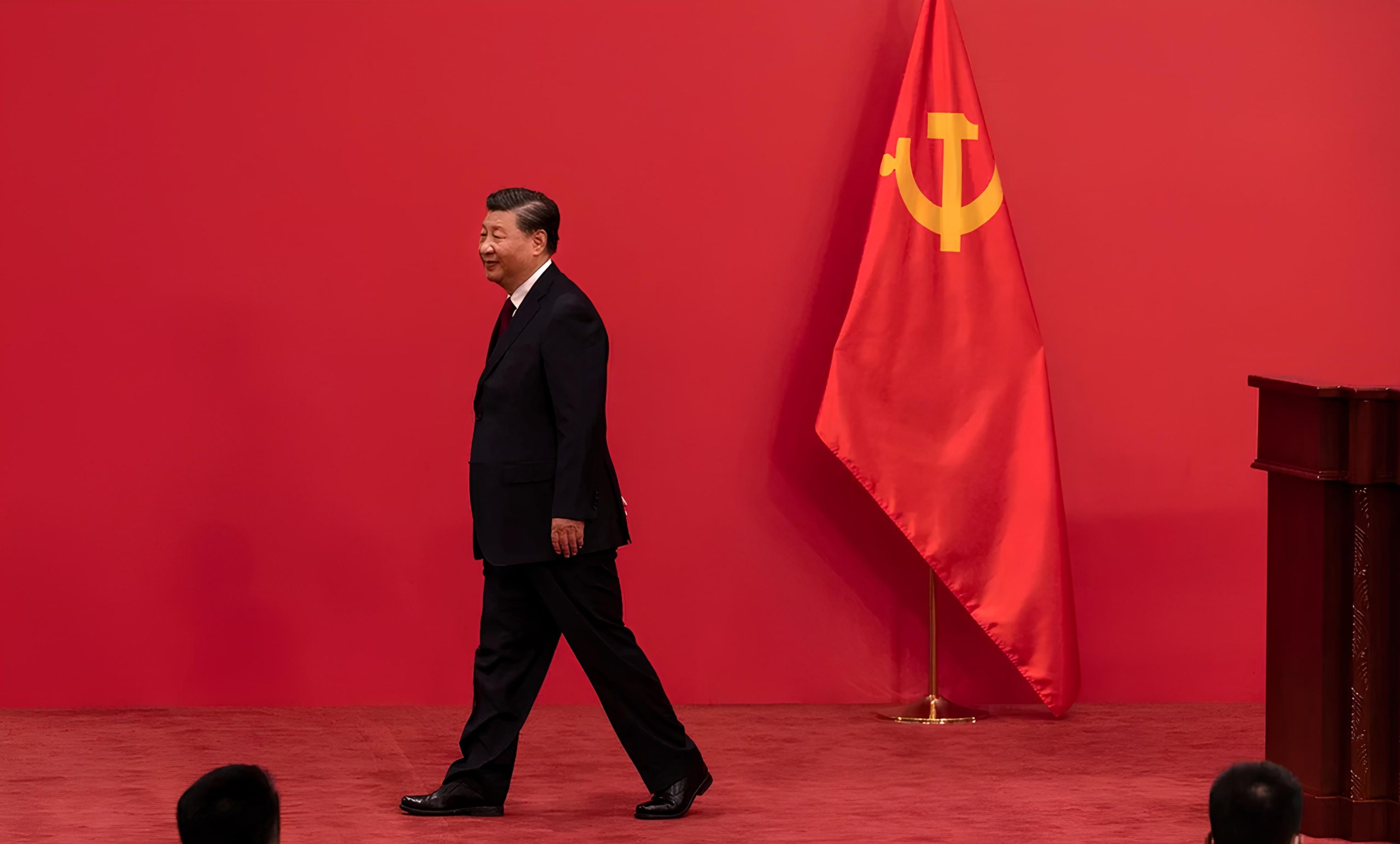
Xi Jinping’s Leadership Style in CCP
Under Xi Jinping, China has navigated complex challenges and achieved significant growth, redefining its global standing. From Maoist foundations to ambitious projects like the Belt and Road Initiative, Xi’s leadership marks a pivotal chapter in China’s quest for global influence and regional dominance.



